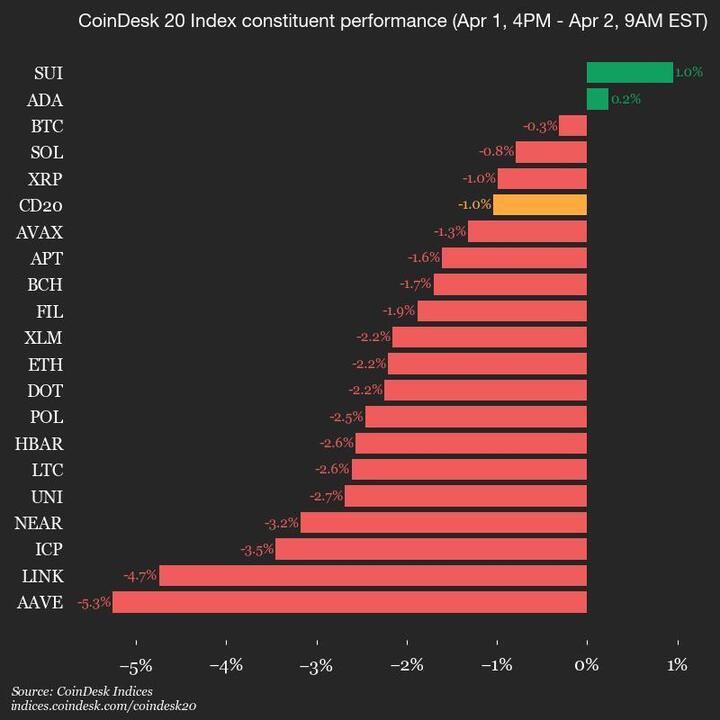FLARE Act: A New Lease of Life for Stranded Natural Gas and Bitcoin Mining
In a recent move that has piqued the interest of both environmentalists and tech enthusiasts, Senator Ted Cruz has proposed the FLARE Act. This innovative legislation aims to repurpose flared natural gas for Bitcoin mining through tax incentives for companies investing in stranded gas infrastructure.
What is Flared Natural Gas?
Flared natural gas is the methane and other hydrocarbons that are unintentionally burned off during the production and processing of oil and natural gas. This practice, although reducing the risk of explosions and safety hazards, contributes significantly to greenhouse gas emissions, accounting for approximately 3% of global emissions.
The FLARE Act Proposal
Under the FLARE Act, companies that capture and utilize flared natural gas for Bitcoin mining will be granted substantial tax incentives. These incentives will include a 100% expensing of capital investments in new infrastructure for capturing and utilizing flared natural gas, as well as a 5-year extension on the existing 45Q tax credit for carbon capture, utilization, and storage.
Effect on Bitcoin Mining
The FLARE Act could potentially make Bitcoin mining more energy-efficient and environmentally friendly. By utilizing flared natural gas instead of traditional energy sources, Bitcoin mining operations could significantly reduce their carbon footprint. Moreover, the tax incentives could encourage companies to invest in the development of new infrastructure, creating jobs and stimulating economic growth.
Effect on Consumers and the World
While the FLARE Act may lead to more environmentally-friendly Bitcoin mining, it could also impact consumers in various ways. The increased demand for flared natural gas could potentially lead to higher prices for natural gas and oil, affecting consumers who rely on these resources for heating and electricity. Additionally, the environmental benefits of the FLARE Act should not be overstated, as Bitcoin mining remains an energy-intensive process and the overall carbon footprint of the industry remains significant.
Conclusion
The FLARE Act represents an intriguing intersection of environmental sustainability and technological innovation. By incentivizing the capture and utilization of flared natural gas for Bitcoin mining, the legislation could potentially reduce greenhouse gas emissions and create economic opportunities. However, it is essential to consider the potential impact on consumers and the overall carbon footprint of the Bitcoin mining industry. As the debate around the FLARE Act continues, it will be fascinating to see how this innovative proposal shapes the future of both Bitcoin mining and the energy industry.
- FLARE Act: A new legislation aimed at repurposing flared natural gas for Bitcoin mining
- Tax incentives for companies investing in stranded gas infrastructure
- Potential reduction in greenhouse gas emissions from Bitcoin mining
- Encouragement of economic growth and job creation
- Potential impact on natural gas and oil prices for consumers
- Environmental benefits should not be overstated





